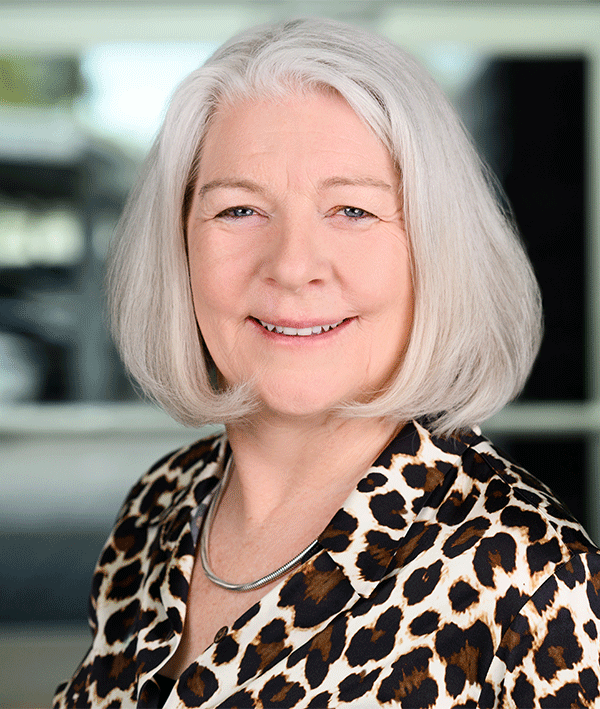Consortium members present preliminary results from multiple myeloma genomic effort
Researchers from the Broad Institute, the Translational Genomics Research Institute, and elsewhere have garnered genomic data on dozens of multiple myeloma tumors.
Todd Golub, director of the Broad Institute's cancer research program, presented preliminary results from the study at the American Association for Cancer Research annual meeting here this week during a session on "Understanding the Cancer Genome with Next Generation DNA Sequencing." During the session, Golub described efforts to sequence whole genomes or exomes from 38 multiple myeloma patients.
The multiple myeloma genomics project is being funded by the Multiple Myeloma Research Foundation, which is also contributing patient samples from its tissue bank. Broad Institute computational biologist Gaddy Getz is spearheading sequencing for the project, Golub noted. Among other investigators collaborating on the project are TGen President and Scientific Director Jeff Trent, John Carpten, who is director of TGen's integrated cancer genomics division, and Jonathan Keats at the Mayo Clinic.



